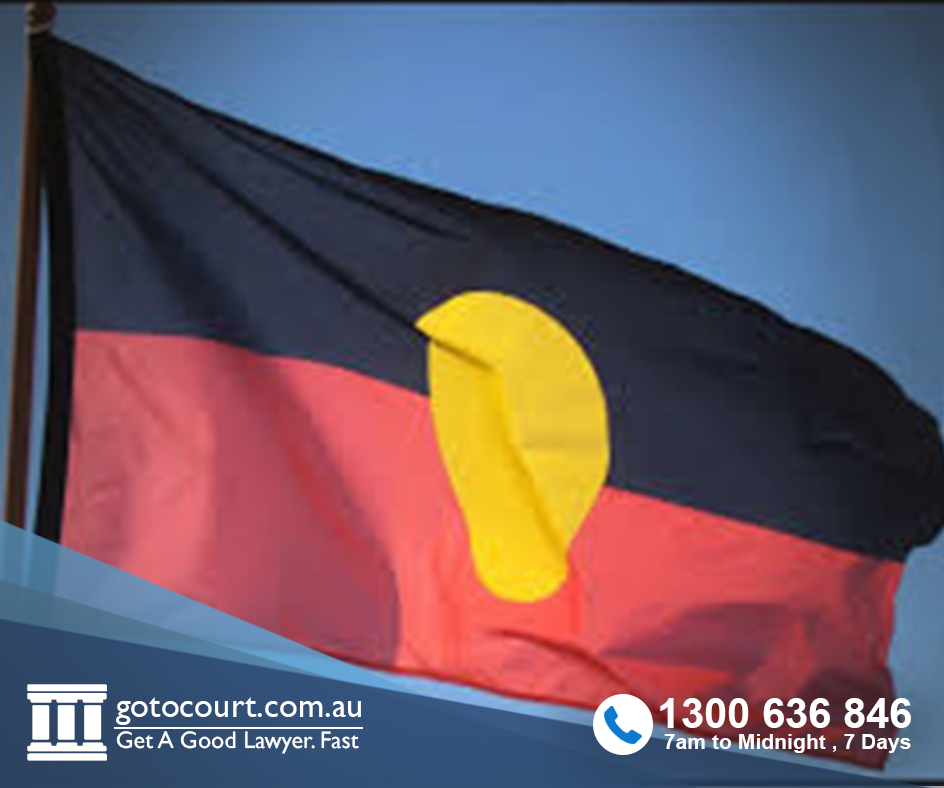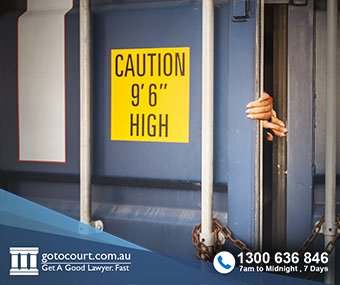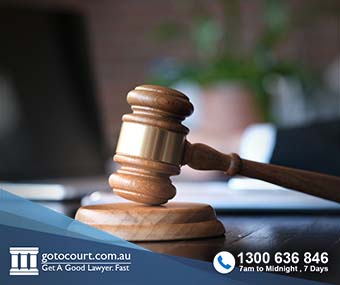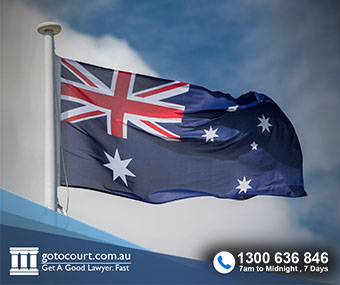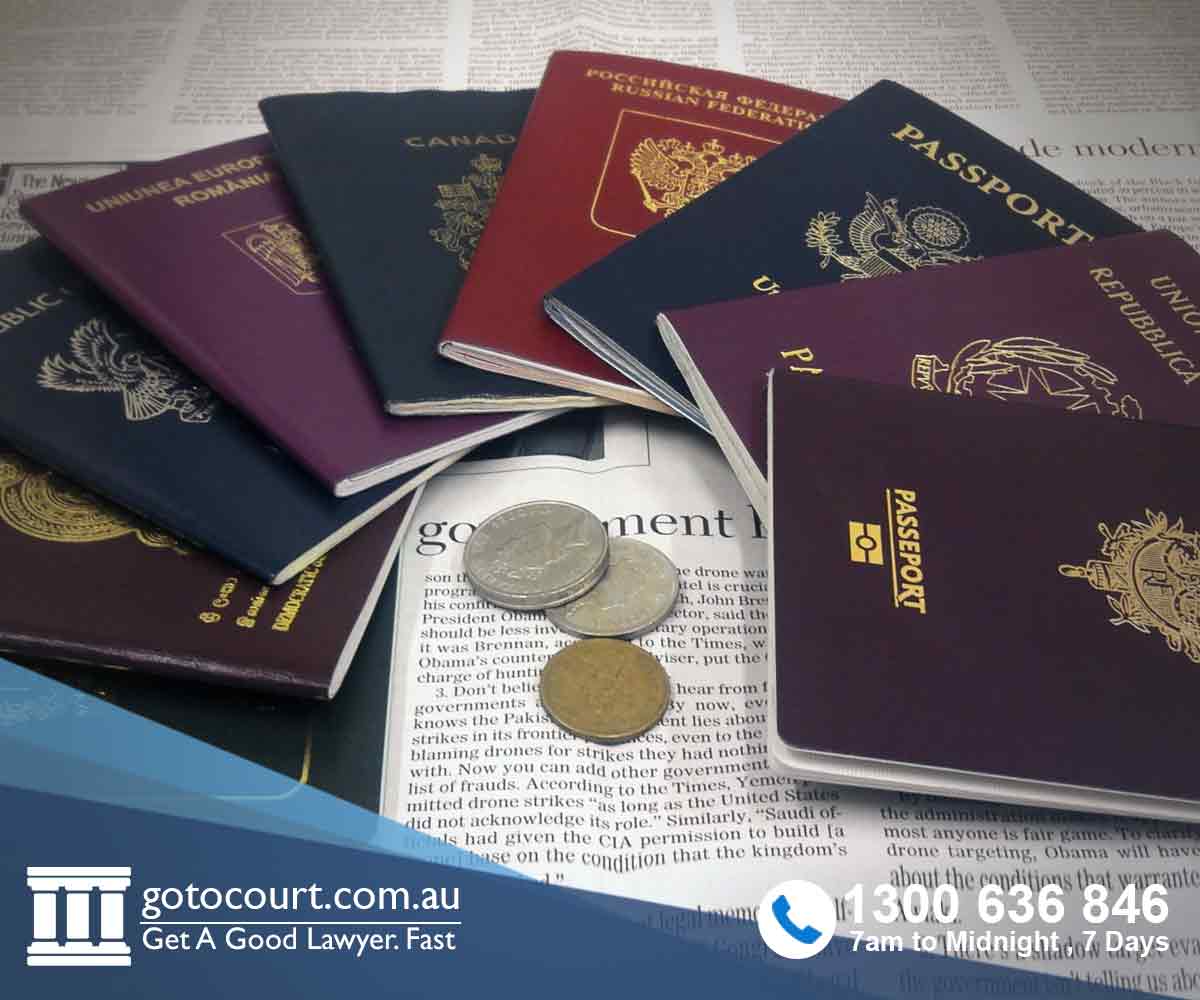What is Procedural Fairness?
What is Procedural Fairness?
Procedural fairness means fairness in the procedures followed when arriving at an administrative decision. It is a principle that is fundamental to the administration of justice and a person can file an appeal and get a decision overturned on the basis that procedural fairness was not observed.
When procedural fairness has been denied, the decision made is invalid regardless of whether or not the decision itself was fair or correct.
When is there a duty to accord procedural fairness?
Administrative decision makers are required to accord procedural fairness before making a decision that will affect a person’s rights, interests or legitimate expectations.
Administrative decisions are decisions by government departments, such as decisions on visa applications, housing applications, Centrelink matters and taxation matters.
Procedural fairness may not apply where a decision affects so many people that it amounts to a legislative act. A duty to afford procedural fairness can be excluded by legislation. However, legislation will generally be interpreted in a way that is consistent with a duty to afford procedural fairness.
What does procedural fairness involve?
What is required to be done in the interests of procedural fairness depends on the nature of the matters at issue. Parties must be given a reasonable opportunity to present their case. What constitutes a reasonable opportunity depends on the circumstances.
The High Court has stated that ‘the expression “procedural fairness” …conveys the notion of a flexible obligation to adopt fair procedures which are appropriate and adapted to the circumstances of the case’ (per Mason J in Kioa v West).
Procedural fairness usually involves two requirements.
The fair hearing rule
The fair hearing rule means that the decision maker must give a person the opportunity to be heard before making a decision that affects them.
A fair hearing usually means:
- giving the person prior notice that a decision affecting their interest will be made;
- disclosing the critical issues to be addressed and any information that is credible, relevant and significant to deciding them; and
- conducting a substantive hearing (oral or written) where the person is given a reasonable opportunity to present a case. Whether an oral hearing is required will depend on the circumstances. In some circumstances, there will be a duty to allow the person to be legally represented at the hearing.
The rule against bias
The rule against bias means that the decision maker must not be biased in a way that prevents them from making an objective and impartial decision. A decision maker must be free of actual bias as well as any apprehension of bias.
Whether a decision maker is biased is to be determined by the standards of a hypothetical fair minded lay observer who is informed of the circumstances.
When may procedural fairness be reduced?
The extent of what must be done in the interests of procedural fairness can be greatly reduced in some circumstances. An example of this is when the issue of national security comes into play in making an adverse security assessment by ASIO.
Courts have held that in such a case, where there is a prejudice to national security, the duty to disclose the critical issues on which an administrative decision will turn ‘is reduced, in practical terms, to nothingness.’
Conversely, where the decision will have particularly serious consequences for the person affected, very detailed procedural requirements must be adhered to.
Fair process vs fair outcome
Procedural fairness means a fair hearing, not a fair outcome. Procedural fairness can be found to be have been afforded even where the decision was not fair. Conversely, there can be a failure of procedural fairness even where the decision eventually made was fair, if the process followed to arrive at it was unfair. This means that a decision that is ‘right’ may still be overturned on the basis that it was made contrary to the requirements of procedural fairness.
Judicial review of administrative decisions in concerned with the decision-making process and not with the decision.
Former High Court Chief Justice Murray Gleeson once wrote, ‘Fairness is not an abstract concept. It is essentially practical. Whether one talks in terms of procedural fairness or natural justice, the concern of the law is to avoid practical injustice.’
If you require legal advice or representation in an immigration law matter or in any other legal matter please contact Go To Court Lawyers.

Affordable Lawyers
Our Go To Court Lawyers will assist you in all areas of law. We specialise in providing legal advice urgently – at the time when you need it most. If you need a lawyer right now, today, we can help you – no matter where you are in Australia.How It Works




1. You speak directly to a lawyer
When you call the Go To Court Legal Hotline, you will be connected directly to a lawyer, every time.

2. Get your legal situation assessed
We determine the best way forward in your legal matter, free of charge. If you want to go ahead and book a face-to-face appointment, we will connect you with a specialist in your local area.

3. We arrange everything as needed
If you want to go ahead and book a fact-to-face appointment, we will connect you with a specialist in your local area no matter where you are and even at very short notice.




